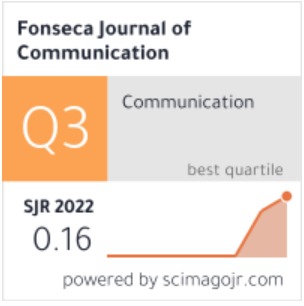THE COMPOSITION AND OPERATING MECHANISM OF THE SOCIAL SUPPORT SYSTEM FOR POOR COLLEGE STUDENTS IN SHANXI PROVINCE, CHINA
Dawei Li
School of Social Sciences, Universiti Sains Malaysia, Penang, Malaysia, 11800.
https://orcid.org/0009-0000-5865-307X
Farhana Kamarul Bahrin
Senior Lecturer, School of Social Sciences, Universiti Sains Malaysia, Penang, Malaysia, 11800
https://orcid.org/0000-0003-1004-7366
Keywords: Social support system, poor college students: operating mechanism, Shanxi Province
Abstract
To assess the current situation of social support system for poor college students and further to assess the composition and operating mechanism of social support system for poor college students in Shanxi Province. A total of 200 students has been enrolled in the study from January to March 2024. SCL-90 has been used which comprises 90 questions that participants evaluate using a Likert scale, offering insights into different facets of mental health and emotional well-being. The Social Support Rating Scale (SSRS) assessed the degree and nature of social support that an individual receives from their social network, including family, friends, and significant others. At the two colleges in Shanxi Province, there is no statistically significant difference in the levels of anxiety factors between students from low-income homes and non-poor students. The prevalence of positive detection for depression, anxiety, interpersonal sensitivity, paranoia, compulsion, hostility, somatization, and psychosis is greater amongst economically poor students compared to students who are economically strong. The findings indicated that there was no statistically significant disparity in the objective support ratings between economically poor students and their financially stable counterparts. Conversely, students from low financial homes exhibited notably lower levels of emotional support and utilization of support ratings compared to rich students. The Pearson’s correlation analysis revealed a significant negative relationship between the social support dimension and the SCL-90 factors, with correlation coefficients ranging from -0.33 to 0.15. This indicates that higher scores in objective support, emotional support, and support utilization amongst poor students are associated with lower scores in the SCL-90 factors. This study established a strong social support system and encourage economically poor students to make full use of the social support services that are available to them. Colleges should provide a comprehensive educational setting that includes the cultivation of campus culture, the supply of intellectual and moral guidance, and the construction of a financial assistance programme for poor students.















